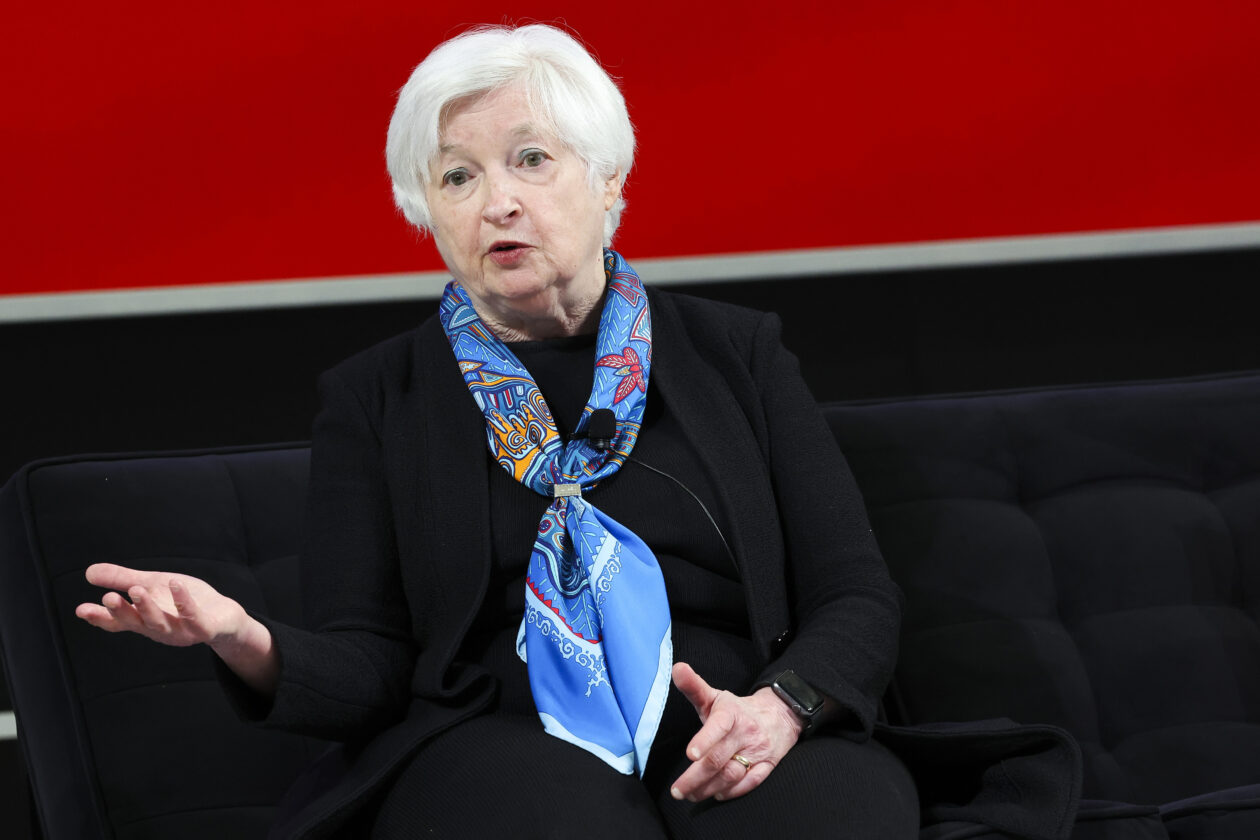Left unregulated the cryptocurrency industry poses risks to the broader financial stability of the U.S. and Congress needs to act with laws and regulations to reduce this threat, according to a report by the Financial Stability Oversight Council (FSOC) released on Monday.
The FSOC, which falls under the Department of the Treasury, was created to mitigate financial risk following the 2008 global financial crisis. The “Report on Digital Asset Financial Stability Risks and Regulation” was unanimously approved at a meeting of the FSOC on Monday.
The multi-billion collapse of algorithmic stablecoin project Terra/Luna in May has set a fire under lawmakers globally. They have turned focus to regulating the crypto industry after the Terra/Luna implosion led to several bankruptcies, a deepening of the broader crypto market sell-off, and losses for hundreds of thousands of investors across dozens of countries.
The report recommends establishing a regulator for trading cryptocurrencies that are not considered securities to prevent market manipulation and conflicts of interest. The report said U.S. regulators have found possible cases of fraud and manipulation in the Bitcoin spot market.
“Innovation without adequate regulation can result in significant disruptions and harm to the financial system and to individuals,” said Treasury Secretary Janet Yellen at the hearing on Monday, adding that “it is vital that government stakeholders collectively work to make progress on these recommendations.”
The report is the latest to come out of U.S. government agencies in response to an executive order entitled “Ensuring Responsible Development of Digital Assets” signed by President Joe Biden in March. It is the first major report on cryptocurrencies by the FSOC.
Stablecoins were a particular focus of the report, as the FSOC recommended congress create a “comprehensive federal prudential framework for stablecoin issuers” that also addresses market integrity and investor and consumer protection.
It added that the Council remains prepared to address said risks itself if it deems any enacted legislation to be insufficient.
The FSOC report highlighted the now-bankrupt crypto hedge fund Three Arrows Capital as “illustrating the vulnerabilities presented by extensive interconnections among crypto-asset market participants.”
The report said that because crypto-asset businesses do not have “a consistent or comprehensive regulatory framework,” they can skirt regulations by shifting business operations to many affiliates or subsidiaries operating under different regulatory frameworks.
Bills & bills
Bipartisan legislation proposed in August by U.S. Senators Debbie Stabenow and John Boozman seeks to classify decentralized cryptocurrencies such as Bitcoin and Ethereum as commodities.
This would place them under the purview of the Commodities Futures Trading Commission, and — to the relief of many in the crypto industry — out of the reach of the Securities and Exchange Commission.
This bill mirrors another bipartisan bill introduced by Senators Cynthia Lummis and Kirsten Gellibrand, which also seeks to classify certain tokens as commodities to be regulated by the CTFC. It does leave, however, some room for the SEC to regulate any digital assets if they are deemed to be securities.
SEC Chairman Gary Gensler has repeatedly said he favors tightening regulation around cryptocurrencies.
The Lummis/Gellibrand bill does go further in addressing stablecoins, however, setting out distinct definitions for the currencies and frameworks for depository institutions to issue stablecoins if they are able to meet set criteria for backing the coins.
The FSOC report is the second major development to come from the Biden administration’s executive order. The Office of Science and Technology in the White House said in a September report that cryptocurrency does not align with the U.S.’s goals of decarbonizing its economy.
This report says that cryptocurrency miners, which consume large amounts of electricity, must consult with the Environmental Protection Agency and other relevant bodies on how to reduce emissions, and if they are unable to do so the Biden Administration could explore limits on crypto mining.
While the FSOC report uses strong language in addressing what it sees as the gaps in the crypto regulatory framework, most of its recommendations rely on the cooperation of Congress to enact any meaningful changes.
However, it’s not clear how much immediate appetite Congress will have for driving forward on crypto regulations, because midterm elections will take place on November 8 and all 435 seats in the House of Representatives are up for grabs, as well as 30 spots in the 100 seat Senate.





